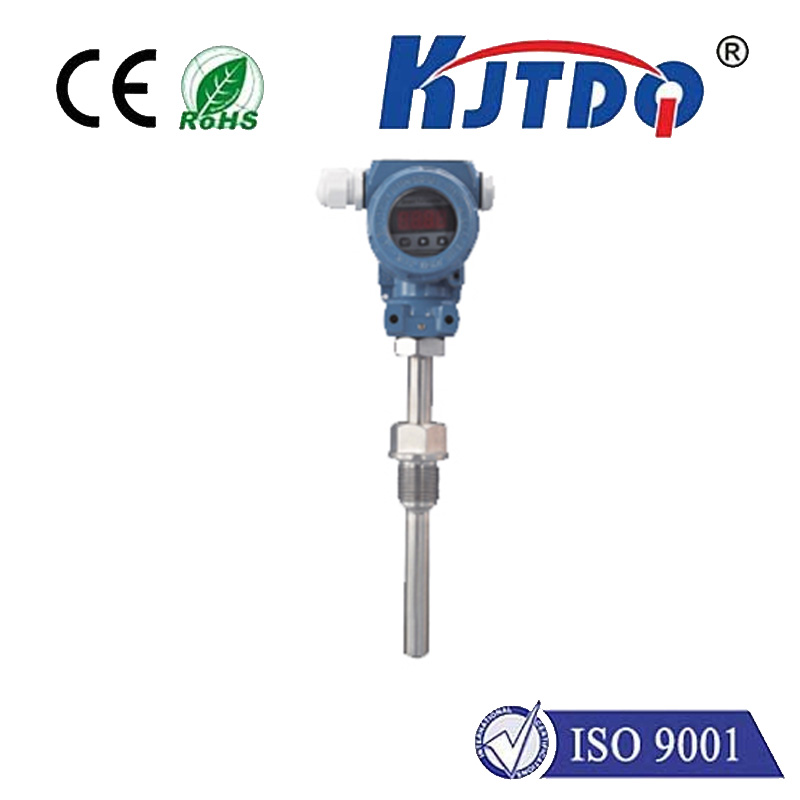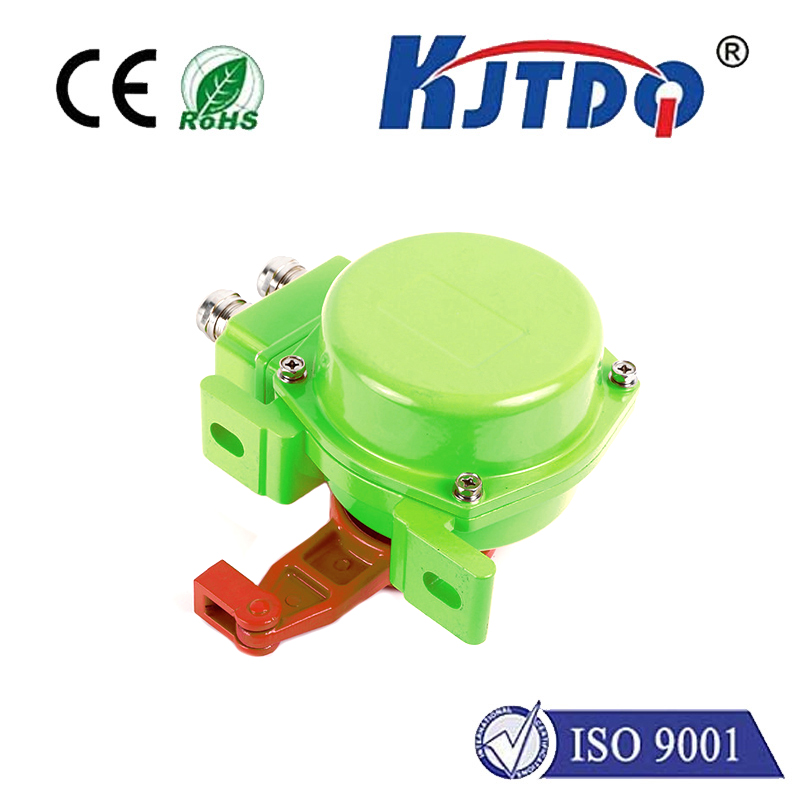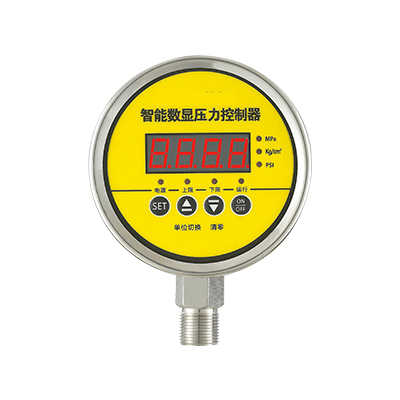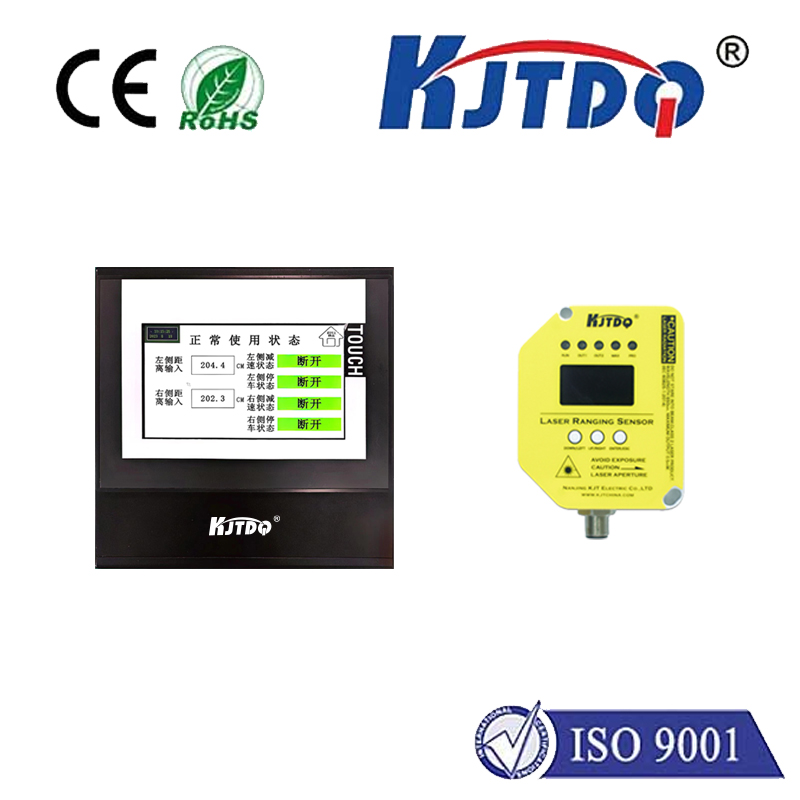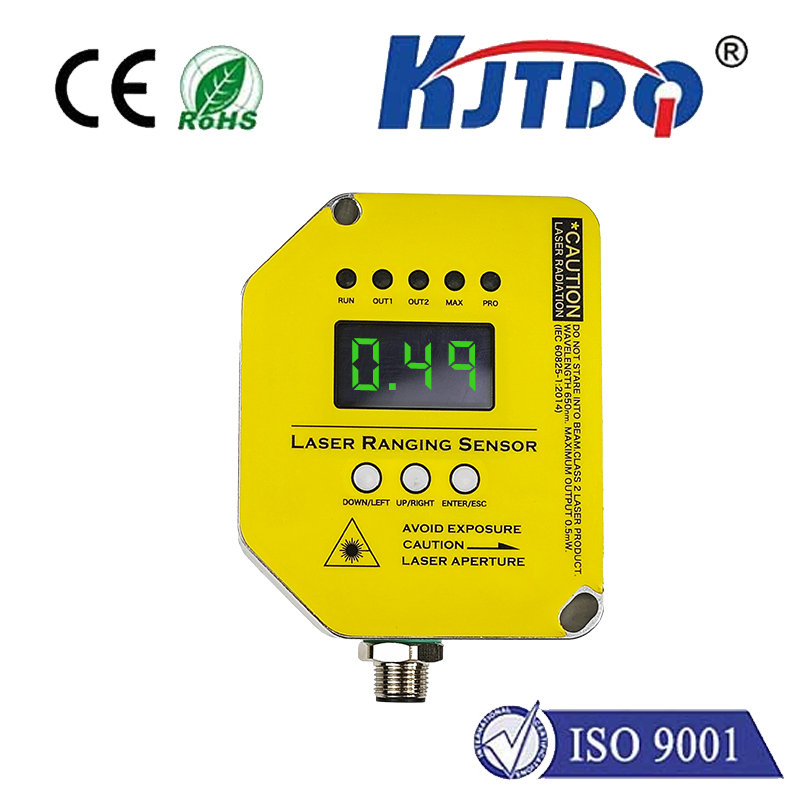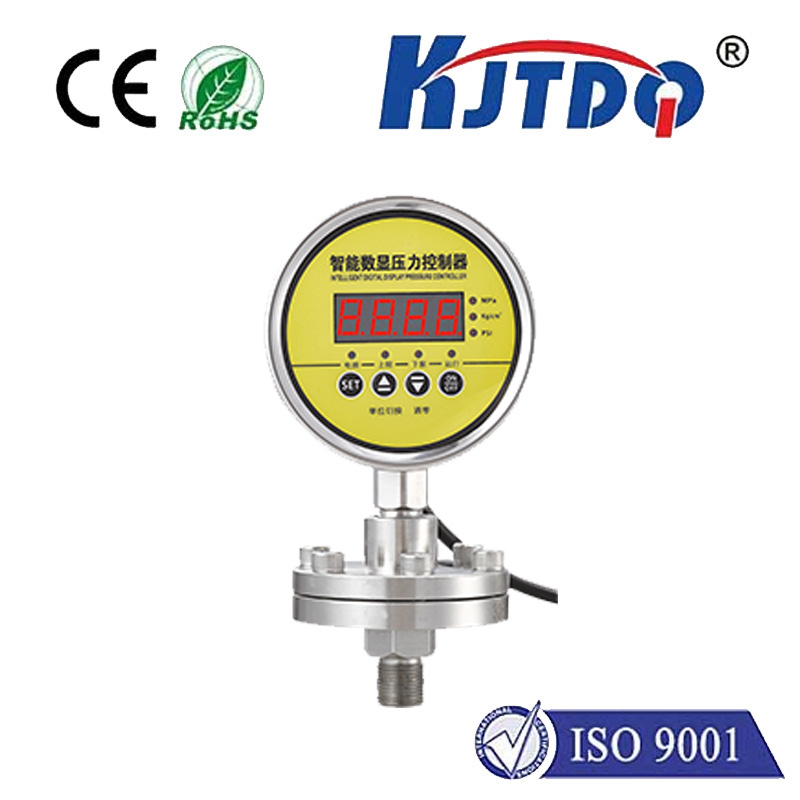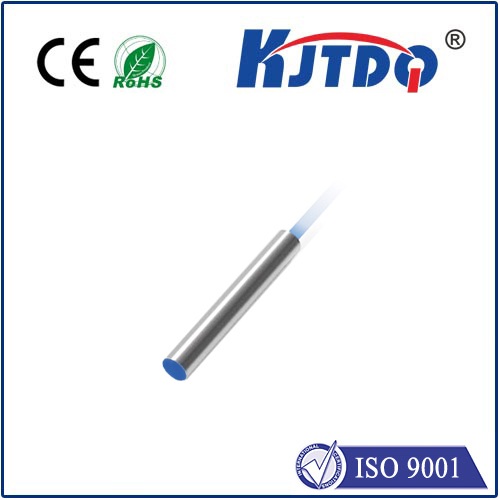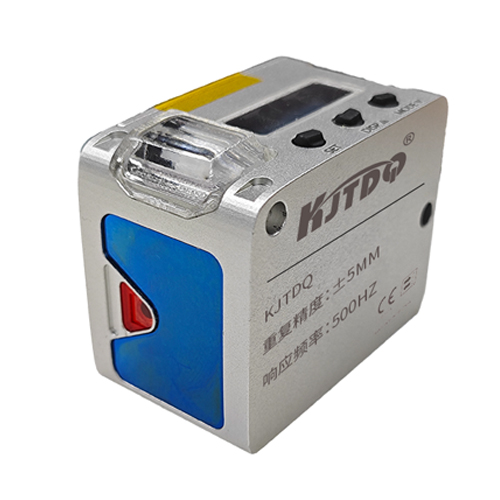ac pressure sensor
- time:2025-08-19 11:22:44
- Нажмите:0
Your Car’s Silent Guardian: The Critical Role of the AC Pressure Sensor
Picture this: it’s a sweltering summer day, you’re stuck in traffic, and you crank up the air conditioning… only to get a feeble whisper of cool air. While many components keep your car’s AC blowing cold, one unassuming hero often plays the most pivotal role in both performance and safety: the AC pressure sensor. This tiny device, often overlooked, acts as the vigilant guardian of your vehicle’s entire climate control system.
Far more than just a passive component, the AC pressure transducer, as it’s technically known, functions as the system’s essential nervous system relay. Its primary mission? To constantly monitor the refrigerant pressure within the AC lines. Why is this pressure so critical? Automotive air conditioning relies on the phase change of refrigerant from liquid to gas (absorbing heat) and back again (releasing heat). The pressure within the system directly correlates with the refrigerant’s state, temperature, and, crucially, its ability to effectively cool your cabin.
How the AC Pressure Sensor Keeps Things Running Smoothly (and Safely)

- Real-time Refrigerant Monitoring: The core function of the pressure switch is to continuously measure the high-pressure side of the AC loop. It achieves this either through piezoresistive elements or diaphragm mechanisms that physically react to pressure changes, converting this force into an electrical signal sent to the vehicle’s Engine Control Unit (ECU) or a dedicated climate control module. This provides a constant stream of critical refrigerant pressure data.
- Compressor Protection - The Critical Safety Net: This is arguably the sensor’s most vital role. Compressor damage is a major concern and can be catastrophic for the AC system.
- Low Pressure Protection: If the refrigerant pressure drops too low (indicating a potential leak or critically low charge), the sensor signals the ECU. The ECU then immediately disengages the compressor clutch. Running the compressor with insufficient refrigerant (oil circulates with refrigerant) leads to inadequate lubrication and cooling, causing rapid internal wear or seizure – an expensive repair.
- High Pressure Protection: Conversely, if the pressure surges too high – often caused by a condenser blockage (dirt, debris), faulty cooling fans, or an overcharge – the sensor again alerts the ECU. The compressor is cycled off to prevent extreme pressure from causing hose bursts, seal failures, or internal compressor damage. This compressor protection is non-negotiable for system longevity.
- Optimizing Cooling Performance: Modern vehicles rely heavily on the pressure transducer data for intelligent climate control. The ECU uses the pressure reading, often combined with cabin temperature sensor data, to precisely control:
- Compressor Cycling: Determining exactly when to engage or disengage the compressor clutch.
- Variable Displacement Compressors: For vehicles equipped with these, the pressure signal is vital for the ECU to modulate the compressor’s pumping capacity in real-time, optimizing efficiency and cooling power seamlessly. This leads to better cooling system performance and fuel economy.
- Fan Speed Control:Высокийrefrigerant pressure readings can trigger the ECU to increase the speed of the radiator/condenser cooling fans to improve heat dissipation and bring pressures down.
- Enabling Diagnostics: When issues arise, the AC pressure sensor data is crucial for diagnosis. Automotive technicians heavily rely on scan tools that can read the live refrigerant pressure data stream or stored diagnostic trouble codes (DTCs) related to the sensor circuit (e.g., P0530, P0531, P0532, P0533 are common). This data pinpoints whether a problem lies with pressure (too high/low), the sensor itself, its wiring, or the control module.
Recognizing the Signs of a Failing AC Pressure Sensor
Like any component, automotive sensors, including pressure transducers, can malfunction. Symptoms often mimic other AC problems but warrant checking the pressure circuit:
- Inconsistent Cooling: The AC may blow cold intermittently, work fine then suddenly stop cooling, or struggle to cool effectively, especially at idle. This happens if the sensor sends erratic signals, causing the ECU to cycle the compressor erratically.
- AC Compressor Not Engaging: This could be caused by a failed sensor reporting (incorrectly) low or zero pressure, triggering the safety shut-off. Always check pressure sensor data or codes first.
- Compressor Constantly Cycling On/Off Rapidly: A faulty sensor providing unstable readings can cause this jarring behavior.
- Illuminated AC or Check Engine Light: Fault codes related to the pressure circuit will often trigger a warning light. A professional scan is essential here.
- Visible Damage/Oil Contamination: Physical inspection might reveal cracked sensor housing, damaged wiring, or significant oil residue (refrigerant oil escaping with a leak).
Why Sensor Health is Paramount for Vehicle Comfort and Longevity
Ignoring a malfunctioning AC pressure switch isn’t just about discomfort on a hot day. The consequences can be far more severe:
- Compressor Failure: This is the biggest financial risk. Without accurate pressure data, the ECU cannot protect the compressor. Running with low refrigerant or excessive pressure will quickly lead to a seized or damaged compressor, requiring a costly replacement involving evacuation, component replacement, and recharge.
- System Damage: Extreme high pressure caused by a blocked condenser or fan failure, if undetected due to a faulty sensor, can rupture hoses, blow seals, or damage other components like the condenser or receiver drier.
- Reduced Fuel Efficiency: An AC system not functioning optimally, potentially cycling the compressor unnecessarily or failing to engage it when needed, forces the engine to work harder, consuming more fuel.
- General Discomfort: Ultimately, a faulty sensor leads to unreliable cabin cooling, diminishing the driving experience and comfort.
The Unassuming Sentinel
The AC pressure sensor exemplifies how a small, often inexpensive component can have an outsized impact on vehicle performance, safety, and your comfort. Acting as the crucial interpreter between the refrigerant pressure and the vehicle’s computer systems, it ensures not only that you stay cool but that the vital and expensive compressor protection mechanisms function flawlessly. Understanding its role underscores the importance of prompt diagnosis and repair when AC issues arise, safeguarding your investment and guaranteeing reliable cool air on demand. Next time your AC blows icy cold without a hitch, remember the silent, vigilant sensor working tirelessly under the hood to make it possible.







